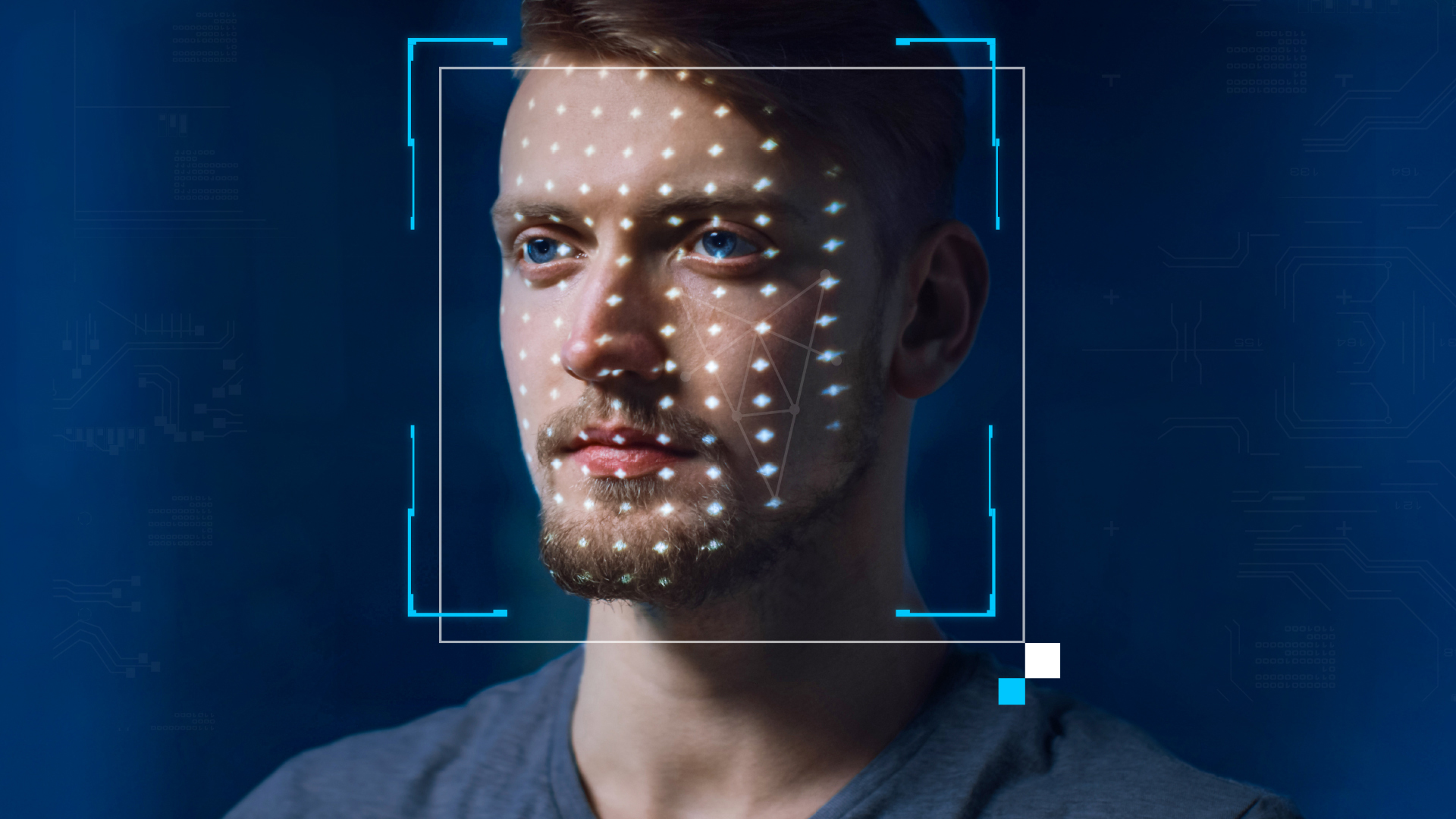A Server’s Right to Seize Fake Identification: Understanding the Law and Balancing Interest
The issue of fake identification and its associated risks has long been a concern in various sectors, particularly in establishments serving age-restricted goods or services. To address this challenge, many jurisdictions empower servers with the authority to seize fake IDs. However, this right comes with certain conditions and limitations, necessitating a nuanced understanding of the applicable laws and the balancing act between public safety and individual rights.
Legal Framework and Justifications:

The legal framework surrounding server’s right to seize fake IDs varies across jurisdictions. However, some common principles underpin this right:
- Protecting Public Safety: Fake IDs facilitate access to age-restricted goods and services, potentially leading to underage drinking, tobacco use, gambling, or entry into restricted areas. Seizing these IDs aims to prevent such harms and uphold public safety.
- Enforcing Age Restrictions: Age restrictions exist to shield individuals from harmful activities and ensure their safety. Seizing fake IDs helps enforce these restrictions and protect vulnerable populations.
- Deterring Fraud: Fake IDs represent a deliberate attempt to deceive and exploit vulnerabilities in age-verification systems. Seizing these IDs discourages such fraudulent activities and upholds the integrity of verification processes.
Key Conditions and Limitations:

While servers have the right to seize fake IDs, this right is not absolute and comes with specific conditions and limitations:
- Confirmation of Fake ID: Servers must be reasonably certain that the presented ID is fake. This may involve checking for inconsistencies, verifying authenticity features, and utilizing specialized detection equipment. Seizing a genuine ID constitutes a serious offense.
- Receipt and Reporting: Upon seizure, servers must provide a receipt to the individual and report the confiscated ID to the appropriate authorities, usually within a specified timeframe. Failure to do so can be considered an illegal act.
- Privacy Concerns: Seizing an ID involves collecting personal information. Servers must follow data privacy regulations, ensuring secure storage and proper disposal of confiscated IDs.
- Potential for Abuse: The power to seize IDs can be misused. Servers must act ethically and avoid discriminatory practices based on individual characteristics.
Balancing Interests and Addressing Challenges:

Balancing the interests of public safety, individual rights, and responsible enforcement poses a constant challenge. Here are some key considerations:
- Training and Guidelines: Servers should receive adequate training on identifying fake IDs, legal procedures, and ethical considerations. Clear and detailed guidelines should be established to ensure consistent and fair application of the seizure policy.
- Appeals Process: Individuals whose IDs are seized should have access to a fair and transparent appeals process to challenge the seizure and potentially reclaim their ID.
- Technology Solutions: Advanced ID verification technology, such as biometric scanners, can help enhance accuracy and reduce the risk of errors.
- Public Awareness Campaigns: Educating the public, particularly young individuals, about the risks associated with fake IDs and the consequences of their use can play a significant role in deterring misuse.
Conclusion:
The right of servers to seize fake IDs presents a complex legal and ethical landscape. While this right serves a crucial role in safeguarding public safety, it must be exercised with due diligence, respect for individual rights, and adherence to established procedures. By implementing robust training programs, clear guidelines, and appropriate technology, servers can effectively combat fake IDs while upholding ethical and responsible practices. Through open communication and collaboration between stakeholders, including authorities, businesses, and the public, a balanced approach can be achieved, minimizing risks and fostering a safer environment for all.

Additional Notes:
- This article provides a general overview of the legal and ethical considerations surrounding the seizure of fake IDs. It is recommended to consult with legal professionals for specific guidance applicable to your jurisdiction.
- The article focuses on the role of servers in bars and restaurants. Similar considerations may apply to other industries where verifying age is crucial, such as tobacco sales and amusement parks.
I hope this comprehensive article provides a valuable resource for understanding the complexities of seizing fake IDs and promoting responsible practices in this area.














